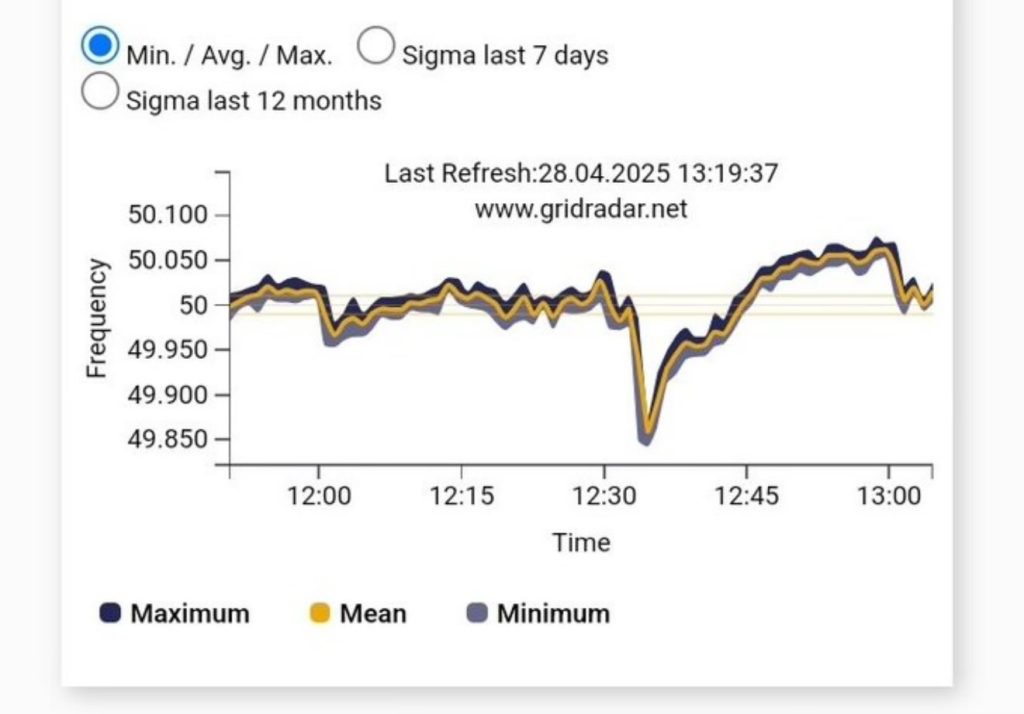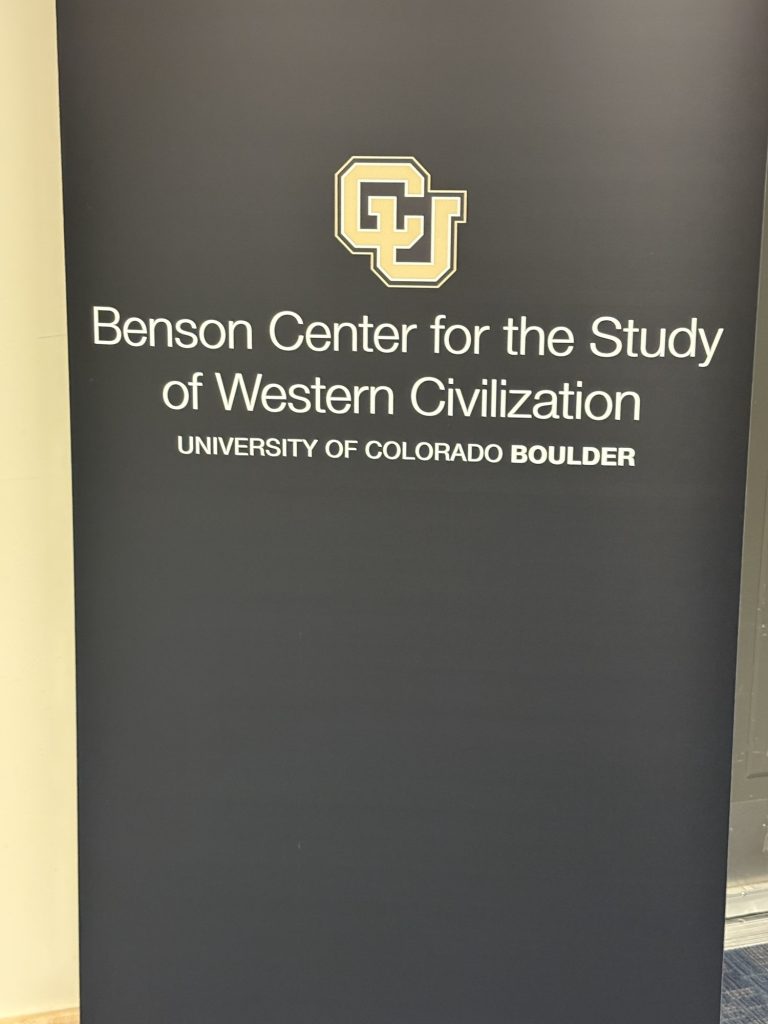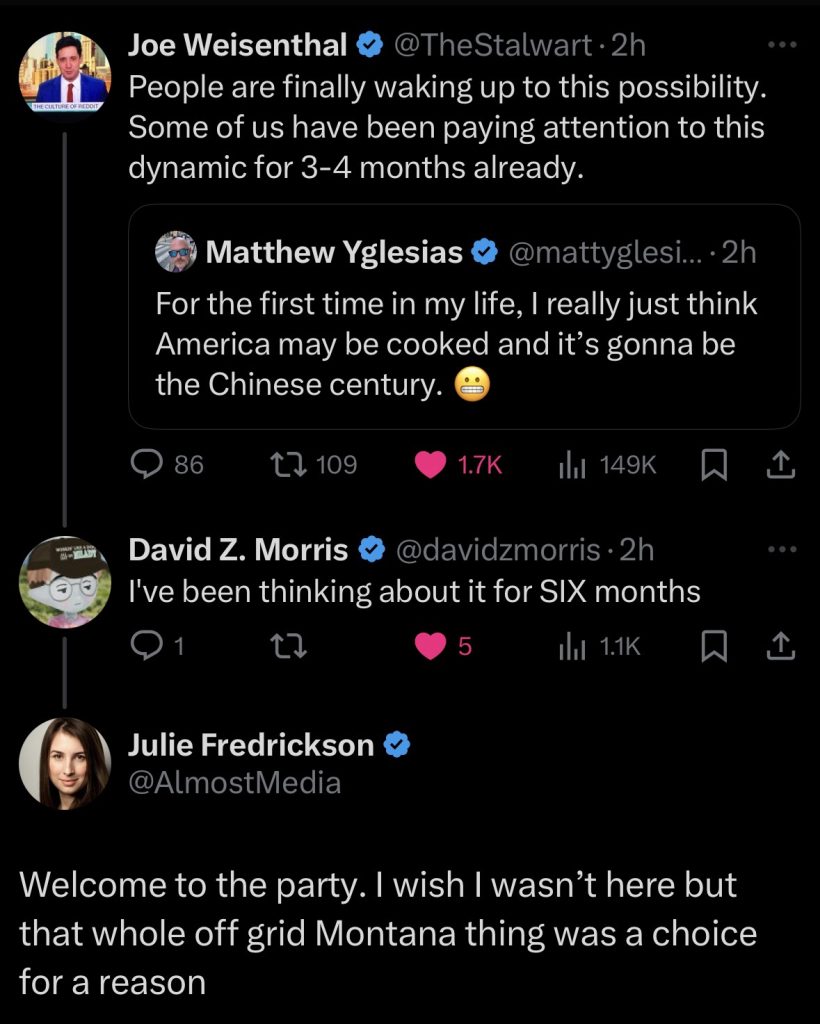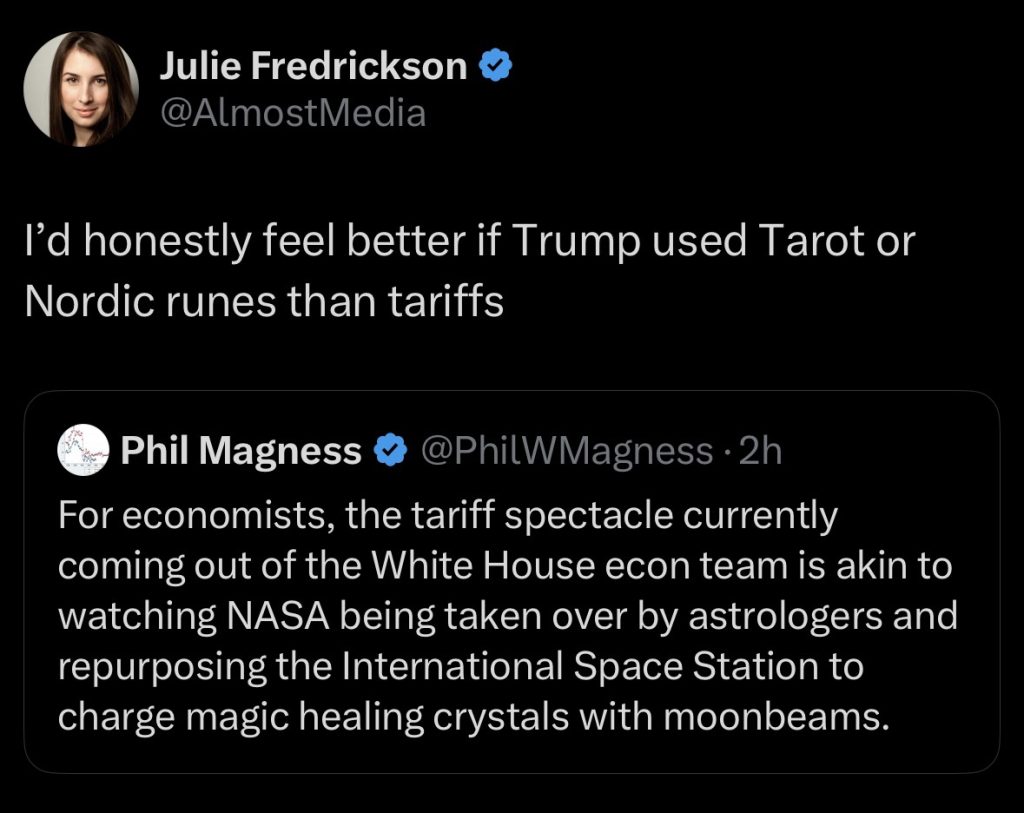On April 16 Spain hit its first weekday of 100% renewable power on the national grid. Spain’s grid operator Red Eléctrica was celebrated for this milestone. Today Spain and Portugal went dark as the grid collapsed after a massive dip in demand.
“We have never had a complete collapse of the system,” Sánchez said, before detailing that at 12:33 p.m. on Monday Spain’s power grid lost 15 gigawatts, the equivalent of 60% of its national demand, in a matter of five seconds. Via AP Newswire

As was lucky enough to finally meet Lynne Kiesling in person at Renegade Futurisms last week energy grid security and market coordination was top of my mind as I learned of the disaster in Spain
Lynne is an economist who studies transactive energy models. She is a fantastic Twitter mutual for any scholar of market dynamics so naturally she was the first person I thought to ask about untangling what may have happened.
She points out that oscillations are an issue in all power systems which means it will take some analysis to tease apart the combination of atmospheric conditions, system inertia and other factors which caused so much demand to drop off at such speed.
If you are interested in a perspective of a white hat hacker of power grids on the problem of synchronization this thread is worth a read.
A drop caused automatic failsafes to kick in and disconnect things. It takes so long to restart after these failsafe crashes because we haven’t engineered it to be easy to restart the grid aka a “black start” as power plants require power from the grid to operate themselves.
But it’s alas not really much of a question that grids need reworking for managing our energy mix. I found this tweet to be both humorous and helpful in understanding why.
Me: What if the renewables underperform more than modeled, and spare capacity can’t keep up?
Founder: You have emergency load shedding.
What’s that?
Cascading blackouts.
Cascading blackouts may be the better outcome. What Spain experienced today was what happens after the fail safe of cascading blackouts occur.
Javier Blas has an excellent opinion piece in Bloomberg about the need for electricity realism as our future demands we overcome the culture wars of the last decades of energy transition.
It’s clear electricity security issues are on the rise. On March 20th Heathrow Airport was shutdown after a single transformer at an old substation caught fire. That looks minor in comparison to an entire country going dark. Imagine what could happen as we head into summer and experience the grid pressure of a hot summer day.




